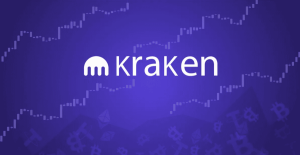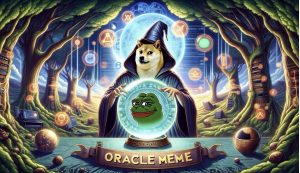What Does BITNET Mean?
BITNET was a wide-area cooperative computer network made up of networks from different universities in the US. It was established in 1981 by the City University of New York’s (CUNY) Ira Fuchs and Greydon Freeman from Yale University, with the first network link being between these two universities. Its name was originally taken from the phrase “Because It’s There Net,” but later changed to “Because It’s Time Net.”
BITNET was simply an early leader in worldwide network communications for the education and research communities. It became the groundwork for the modern Internet’s introduction, especially to areas outside the US.
Techopedia Explains BITNET
BITNET was a point-to-point store and forward kind of network, very different from the way Internet Protocol (IP) works. This means that in BITNET, email and files were transmitted as whole data from one server to another until it reached the final destination, making it more like Usenet. BITNET used the RSCS protocol for network job entry (NJE), which was also used for the huge internal IBM network called VNET. When the protocols used by BITNET were ported to non-IBM mainframe OS’s, it became popular and widely implemented in VAX/VMS.
The peak of BITNET was 1991, when it connected roughly 500 organizations and 3000 nodes, all of which were educational institutions. It spanned the entire North American continent and had connections in other areas of the world as well. It was known as NetNorth in Canada, in Europe it was called EARN, TIFR in India, and GulfNet in some Persian Gulf territories.





